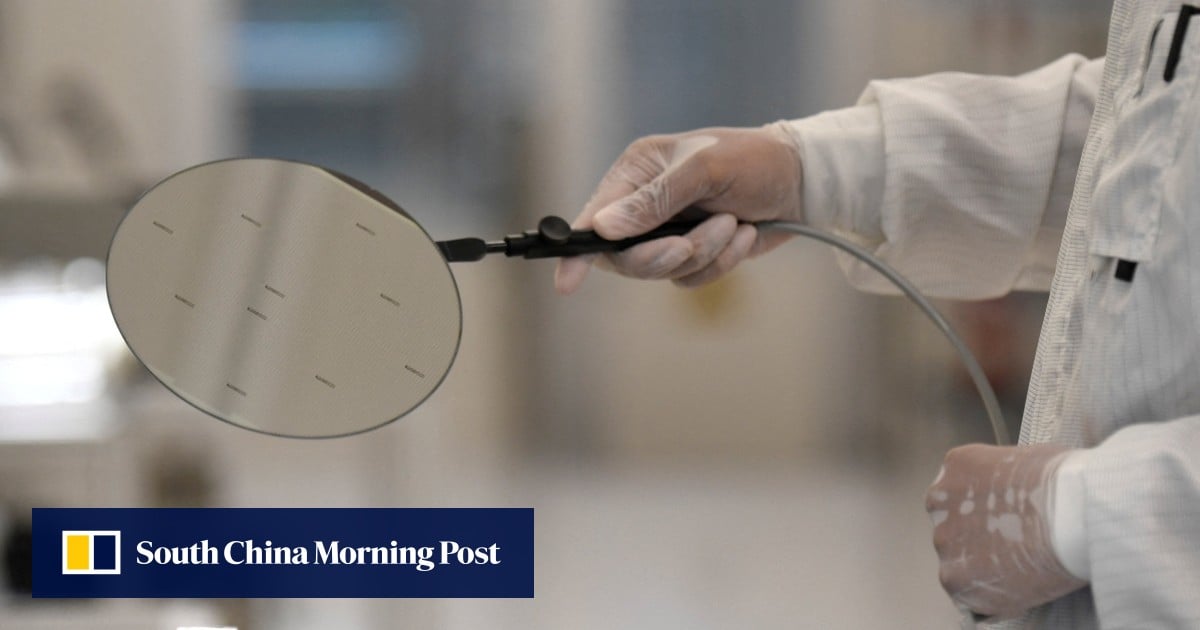Key Takeaways
- Nexperia China’s employees are directed to follow local management and disregard instructions from the Dutch headquarters.
- A recent statement emphasizes Nexperia China’s independence and affirms that employees can reject external orders without consequence.
- This conflict stems from a struggle between Dutch authorities and Wingtech Technology, Nexperia’s current Chinese owner, over control of the company.
Conflict Over Control
Nexperia China, a subsidiary of the Dutch chipmaker, has recently instructed its employees to ignore directives coming from the Dutch head office and to adhere strictly to local management. This announcement, made via a letter posted on the company’s official Chinese social media platform, marks a significant defiance against the central authority in Nijmegen.
The letter declared Nexperia China as an “independent” entity, instructing employees to prioritize local directives. It further stated that any external instructions received by employees could be rejected without facing disciplinary actions. This signifies a clear shift towards local autonomy in operations, especially at their facilities including the packaging plant in Dongguan and branches in Shanghai, Beijing, Shenzhen, and Wuxi.
The assertion of independence comes amid ongoing tensions between the Dutch government and Wingtech Technology, the Chinese company that acquired Nexperia in 2019. Concerns have been raised by Dutch officials about potential plans by Wingtech to relocate European manufacturing to China, prompting the government to intervene. In a bid to regain control, Dutch authorities recently removed the Chinese CEO, Zhang Xuezheng, from his position, an action that has created ripples throughout the global tech industry.
This conflict highlights the complexities of international business operations and the implications of ownership and governance in the evolving landscape of technological production. As Nexperia China’s local management asserts its authority, the ramifications of this dispute are likely to affect not only the company but also broader industry trends concerning Chinese investments in European technology sectors.
The content above is a summary. For more details, see the source article.















